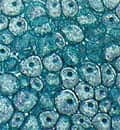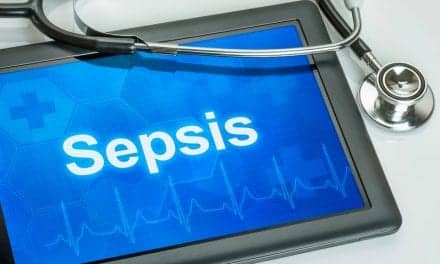Research indicates that measuring the levels of RNA biomarkers in the blood may help differentiate sepsis from infection-negative systemic inflammation, according to Science 2.0.
McHugh and colleagues used microarray analysis to measure the RNA expression levels of thousands of genes in blood samples from a cohort of 74 patients with sepsis and 31 post-surgical patients with infection-negative systemic inflammation, thereby identifying the four genes (CEACAM4, LAMP1, PLA2G7, and PLAC8) that comprise the SeptiCyte Lab classifier. The researchers went on to validate the classifier in five additional cohorts from an independent Netherlands-based study, consisting of a total of 345 patients. In these validation cohorts, SeptiCyte Lab (which produced a result within 4 to 6 hours) was significantly better at differentiating patients with sepsis from patients with infection-negative systemic inflammation than was procalcitonin or clinical parameters available to a clinician within 24 hours of ICU admission. In the validation cohorts, using a specified threshold SeptiCyte Lab was able to correctly identify 90% of patients with sepsis, with a specificity of 60%.
The researchers note that validation in the Netherlands-based cohorts is preliminary, and that these results will need to be confirmed in larger studies that include patients from diverse geographic and hospital care settings.
With additional validation from further clinical studies, the authors believe this assay could be a clinically useful tool: “In combination with clinical parameters and clinical judgment, SeptiCyte Lab may provide physicians with enhanced confidence in therapeutic decision-making for patients with systemic inflammation.”










